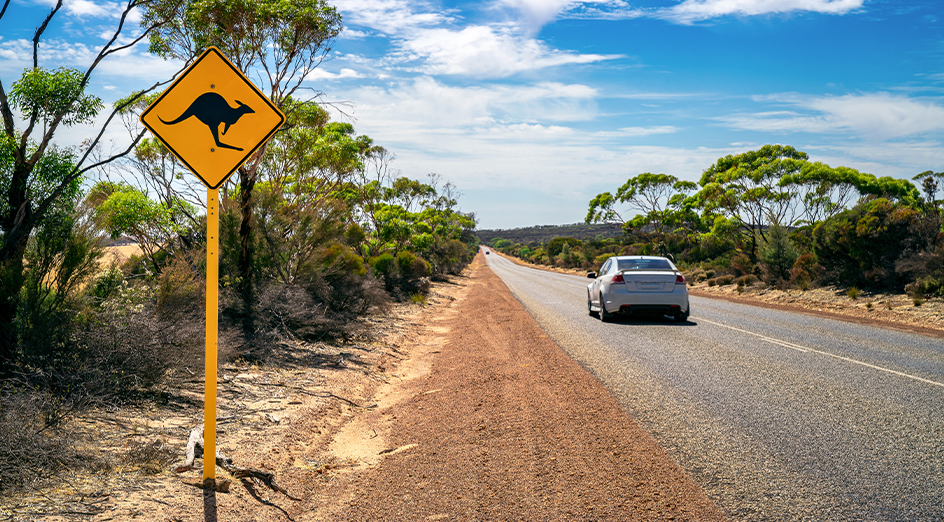There’s a kind of magic that only the open road can offer. The steady rhythm of tyres on bitumen, the shifting horizon, and the quiet confidence that somewhere ahead, a new campsite or tiny town waits to be discovered. For many Australian families, that rhythm has become their favourite soundtrack. The further you drive, the more you realise that freedom doesn’t come from distance — it comes from slowing down.
Why Families Are Turning to the Road
In a world filled with screens and schedules, the simple act of getting away feels like a luxury. Family road trips have made a quiet comeback because they replace constant distraction with connection. You don’t need elaborate plans or luxury resorts — just a route, a packed cooler, and enough curiosity to see where the next turn leads.
For families, the appeal is obvious. You travel on your own time, stay wherever you like, and turn even an ordinary weekend into an adventure. A campsite by the beach one night, a quiet inland park the next. Children learn that the journey itself can be the destination, and parents rediscover the joy of spontaneity.
Escaping the Crowds
There’s something satisfying about leaving behind the tourist trail and heading where the map starts to fade. The back roads and country tracks of Australia hold stories that big cities never could — outback pubs with only three customers, local markets with homemade jam, and campsites where the night sky feels close enough to touch.
These places don’t come with crowds or lines. You park, step out, and immediately feel the difference. The quiet isn’t empty, it’s peaceful. For families, especially those used to busy weeks, that silence becomes its own form of therapy.
We’ve spent nights by salt lakes where the air smelled faintly of eucalyptus, and mornings in bushland where the only sound was a kookaburra’s laugh. The experience changes how you travel — suddenly, the road becomes less about getting somewhere and more about being somewhere.
The Comfort of a Reliable Setup
Comfort doesn’t mean luxury; it means confidence. When you’re travelling through unsealed roads and remote regions, having the right setup makes everything easier. Families who prefer rugged trips often choose designs built for those conditions, like family off road caravans that can handle dirt tracks and long stretches away from powered sites.
The best part isn’t just their toughness — it’s the freedom they provide. You can stop where there’s no campground, stay near a river, or pull up beside a forest without worrying about terrain. The sense of independence that comes with that is addictive. Once you’ve done it, it’s hard to go back to hotel bookings or crowded holiday parks.
Inside, off-road caravans have come a long way. Families can enjoy all the basics — comfortable beds, small kitchens, and proper storage — without feeling confined. The little details matter most: bunk setups for kids, hidden drawers for gear, and sturdy fittings that can handle constant movement.
Keeping the Journey Easy
Even the most scenic trip can turn stressful if you overpack or overplan. The happiest travellers are the ones who keep it simple. Bring only what you’ll use, plan short driving days, and allow extra time for detours.
We learned long ago that the best discoveries aren’t on the itinerary. Some of our favourite memories came from wrong turns — an empty beach we had all to ourselves, a roadside orchard offering free tastings, a lookout no one had ever mentioned.
Travelling slowly also keeps everyone relaxed. Kids adjust better when there’s time to explore between drives, and parents have more energy when they’re not racing against the clock.
Teaching Kids to Love the Outdoors
The great thing about road travel is how naturally it turns into education. Children start noticing patterns in landscapes, reading signs, and asking questions about weather and wildlife. They learn how vast Australia really is — how the red earth of the outback feels nothing like the cool air of the coast.
Encourage them to collect small mementos: smooth stones, pressed leaves, or journal notes about where you camped. It gives the journey structure and meaning. Without realising it, they’re building an understanding of the country that no classroom can match.
There’s also the simple joy of being outside. Cooking together under an awning, washing dishes under the stars, hearing the distant rumble of waves while falling asleep — these are the moments that anchor childhood memories.
The Little Lessons of the Road
Travelling as a family teaches patience and teamwork. Someone has to check the map, someone makes the sandwiches, someone else keeps an eye on the kids. It’s not always smooth sailing, but those shared tasks create a rhythm that brings people closer.
Every family develops its own rituals. Some always stop for ice cream after setting up camp. Others take turns choosing the next day’s route. These small habits make the road feel like home.
When things go wrong — and they will — it’s often where the laughter begins. Flat tyres, wrong turns, and burnt toast become stories that are told for years. The mishaps are part of the adventure, not interruptions to it.
Coming Home Changed
The best thing about long road trips isn’t what you see but what you learn along the way. You come back slower, calmer, and more grateful for simple comforts — a proper shower, a home-cooked meal, a familiar pillow. Yet part of you misses the road the moment you unpack.
That’s the strange pull of travel: the desire to go again. To chase another sunrise, follow another trail, and feel that same sense of quiet freedom. Families who travel this way often find it becomes more than a holiday; it becomes a rhythm of life.
Because somewhere between the dust and the laughter, the packed lunches and the starry skies, you realise that the real destination isn’t on a map — it’s in the time you spend together.

